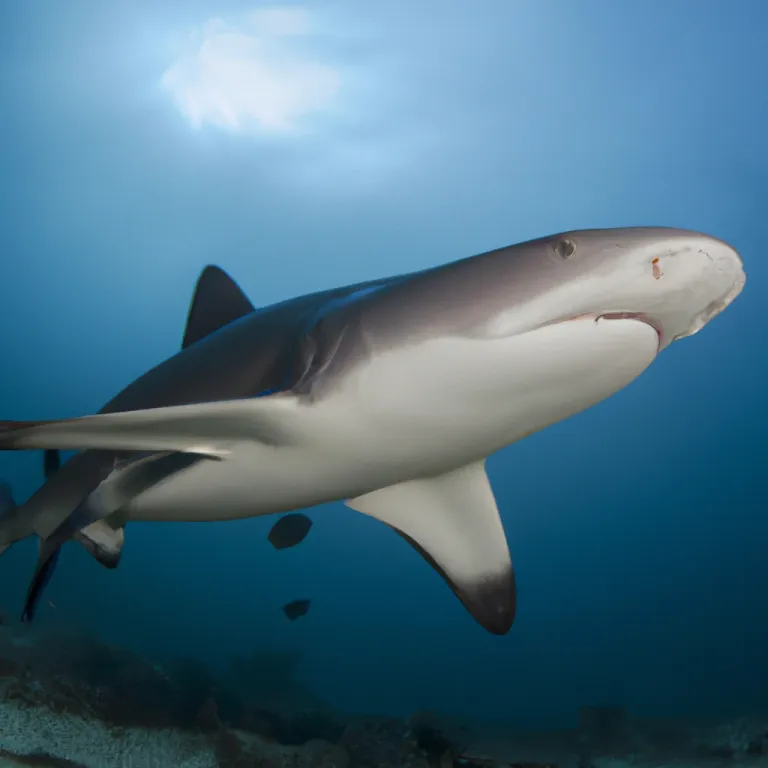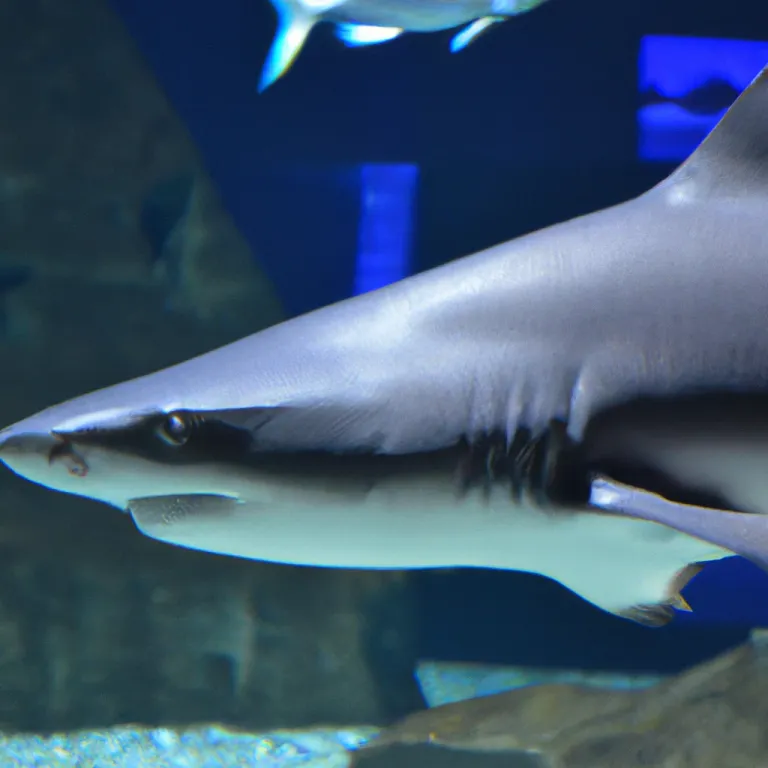Sharks are a type of fish with a cartilaginous skeleton and a streamlined body. They are found in all oceans and are especially common in warm, shallow waters near the coast. Sharks are predators that feed on a variety of fish, mollusks, and other marine animals.
There are over 500 species of sharks, ranging in size from the small dwarf lanternshark (Etmopterus perryi), which is less than 20 cm (8 in) long, to the giant whale shark (Rhincodon typus), which can grow to a length of over 12 m (40 ft).
Most sharks are carnivorous, but there are a few species that feed on plankton. Sharks have a keen sense of smell and can detect blood in the water from great distances. They also have excellent eyesight and can see in low-light conditions.
Sharks have a tough skin that is covered with tiny tooth-like scales called dermal denticles. These denticles give the skin a sandpaper-like texture that helps to reduce drag when the shark is swimming.
The majority of sharks are harmless to humans, but there are a few species that are considered dangerous. These include the great white shark (Carcharodon carcharias), the tiger shark (Galeocerdo cuvier), and the bull shark (Carcharhinus leucas).
Despite their reputation, shark attacks on humans are relatively rare. Most sharks that do attack humans are doing so in self-defense or because they mistake us for their natural prey.
The first sharks appeared in the oceans over 400 million years ago. They were very different from the sharks we see today. The first sharks were more like fish than anything else. They had no jaws, and they probably didn’t have teeth.
Over time, sharks evolved and became more specialized. They developed jaws and teeth, and their bodies became more streamlined. Sharks began to look more like the sharks we know today.
Today, there are over 500 species of sharks. They can be found in all the oceans of the world, from the tropics to the polar regions. Sharks play an important role in the ocean ecosystem. They help to keep the ecosystem in balance by preying on weak and sick animals.


